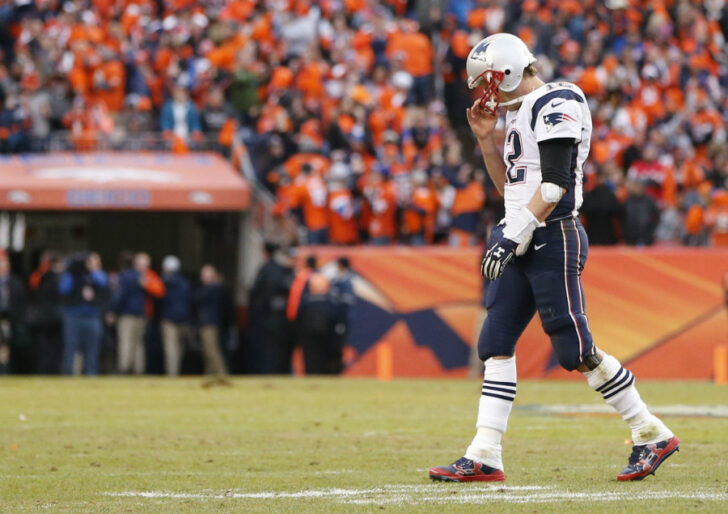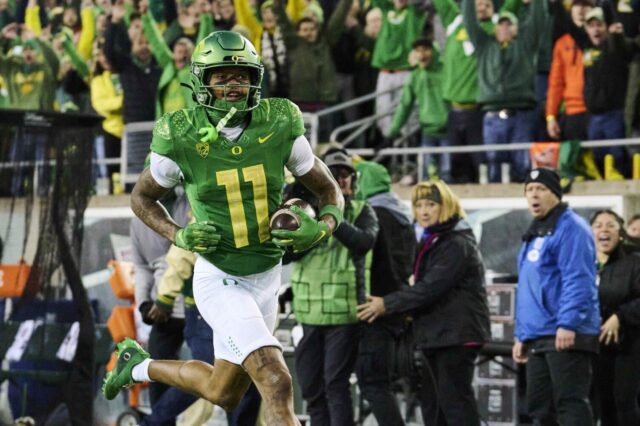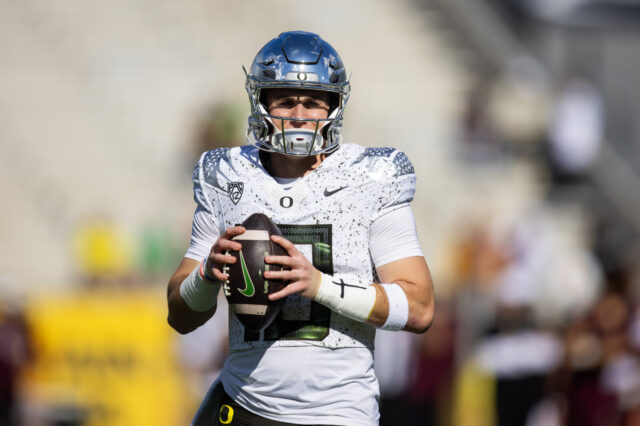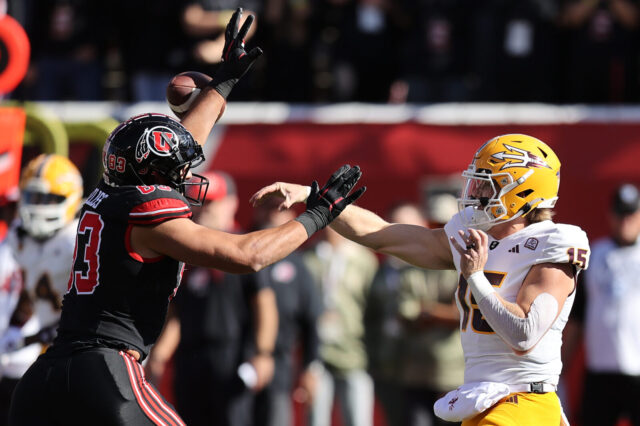What. A. Game.
And I’m not even speaking as a Broncos fan — well, maybe a little — but really, what a game! There’s a reason why that was the highest rated AFC Championship game in nearly three decades, and it’s because it had everything: Great players, great plays and, above all else, great storylines.
If that truly was the last Brady-Manning matchup, then it was a darn good way to go out.
But how did the Broncos do it? As Denver is well aware (as are the Broncos, themselves), almost nobody picked Denver to walk away with a win, and most didn’t expect it to be close. Yet, they did, and aside from some late-game heroics from Tom Brady and Rob Gronkowski, it was a dominant performance.
There are plenty of reasons why the Broncos won, but let’s look past the surface and towards the advanced analytics to see what we may have missed (or, in some cases, to backup what we already saw):
Tom Brady had a bad day
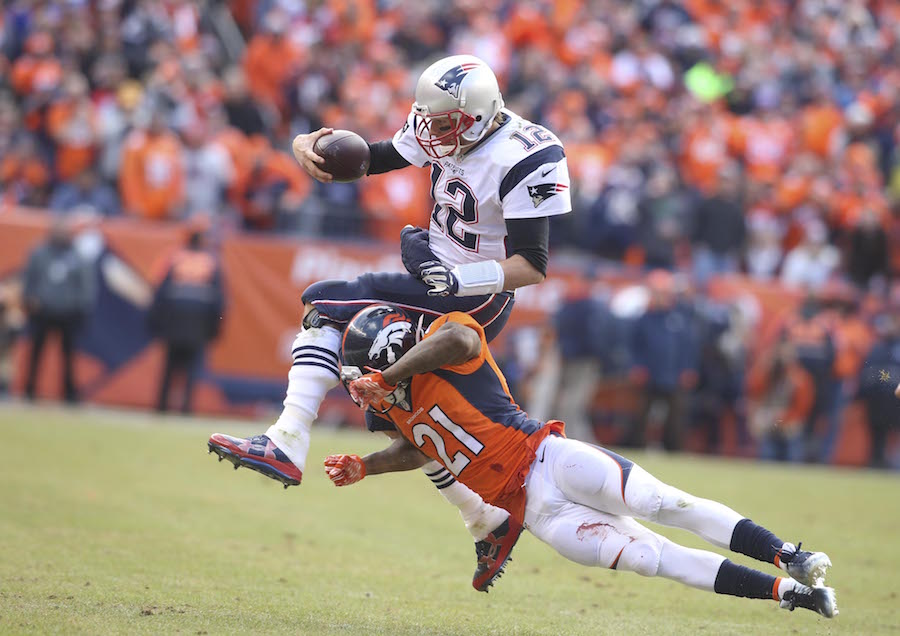
Just how bad was Tom Brady’s day? Well, I think it’s safe to say that it was one of the worst games of his legendary career.
On Sunday, Brady graded out with a -4.4 grade, according to Pro Football Focus, which is his worst grade since back in Week 7 of 2013. In fact, since PFF started grading back in 2007, Brady has only earned three grades worse than the one he had on Sunday: That Week 7 game (-6.3), the 2009 Wild Card loss to the Baltimore Ravens (-5.0) and the 2007 AFC Championship victory over the Chargers (-4.7).
And what’s most surprising is that Brady actually performed worse when not pressured (-4.7) than when he was pressured (-0.3). My guess is that those numbers stem from the simple fact that Brady was pressured so often (30 out of 61 drop backs) that he was anticipating the pressure before it even came.
Really, if it wasn’t for those final two passes to Rob Gronkowski, this may have been the worst game of Brady’s career. Not only was he having a hard time finding open receivers amongst Denver’s secondary, but he was missing open guys, too.
Wade Phillips deserves every bit of praise he gets for that performance; that was an all-time great gameplan from an all-time great coordinator.
